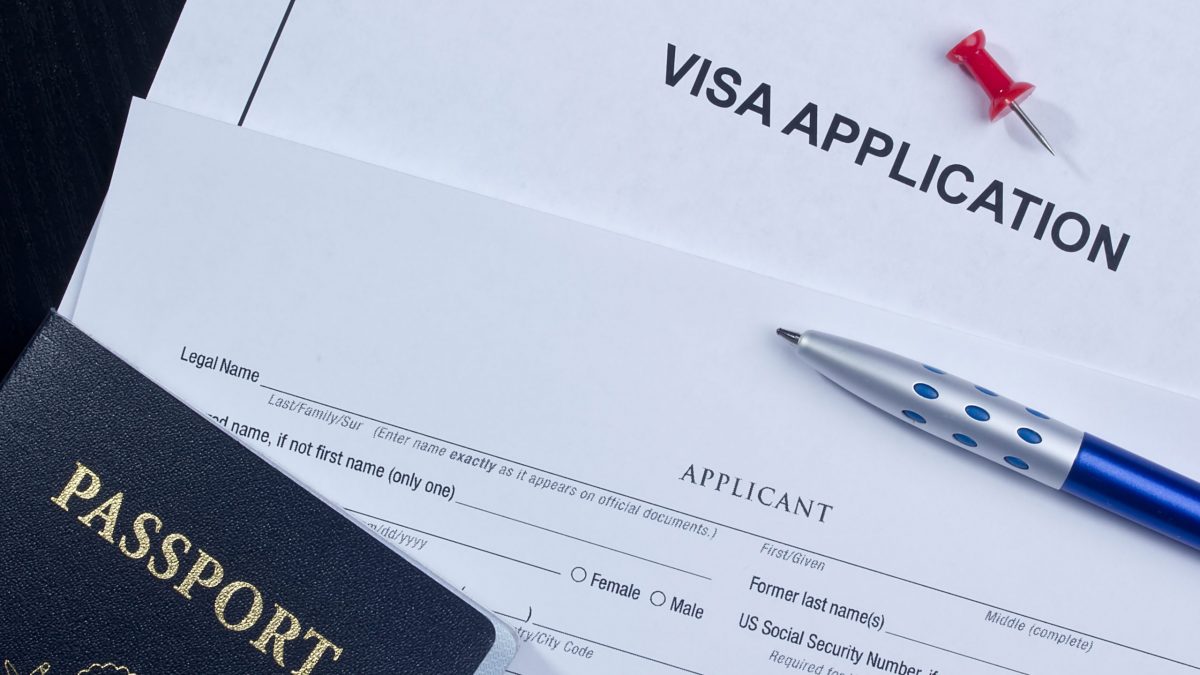
The Value of Pro Bono Work
June 14, 2024
The Future Lawyer Weekly Briefing – W/C 17th June 2024
June 16, 2024Article written by Sammar Masood, final year law undergraduate at City, University of London.
Currently, international students who have come to the UK for higher education and who have completed their degree or studied for a certain amount of time, are eligible to apply for a Graduate Visa. This visa allows international students to work in the UK for two years post-graduation, providing financial motivation for them to complete higher education in the UK and contribute to our economy. However, recently the government, with the help of its Migration Advisory Committee, declared the graduate visa as being potentially open to abuse. Let’s discover why this visa has come under fire despite representing such promise for those wanting to explore our renowned higher education institutions.
The Migration Perspective
Arguably the main concern for the government is the effect this visa has on UK migration. Students with a Graduate Visa can complete their degree, work here for two years, and then move to the coveted Skilled Worker visa with the overall aim and realistic possibility of acquiring the right to settle permanently in the UK. Common sense would argue against this being a negative thing as our society is gaining well-educated, determined individuals who will contribute long-term to the economy. However, statistics show that most graduates on this visa are from lower-ranked non-Russell Group universities and become employed in low-skilled or low-paid jobs. This led the Home Secretary to declare an investigation of the visa necessary as he was concerned that applications were driven by immigration rather than education prospects. Fuel was added to the fire when the then Immigration Minister, Robert Jenrick, remarked these figures did not represent the visa’s ability to recruit and sustain “top talent.”
But, as many of you non-international, UK-origin students or graduates who are reading this post already know, many of us have taken up low-skilled or paid work as a means of support while we look for higher-skilled employment or simply to sustain ourselves while studying. Either way, international or not, aren’t we all still contributing to the economy? Moreover, what about the approximate 34% of Graduate Visa holders who are not engaged in low-paid employment but rather mid to high-level employment, does their contribution get disregarded amongst the harmful anti-migration rhetoric?
Additionally, for those ordinary people whose ultimate goal is to permanently settle in the UK via the Skilled Worker visa, nothing is stopping them from making a direct (and simpler) application for this visa. Going through the Graduate route with a UK degree is not necessary. So, the fact that Graduate Visa holders are voluntarily choosing to undertake and fund a UK degree does represent a significant, if not overwhelming, prioritisation of education and qualification on their behalf, rendering previous comments by officials somewhat moot.
Foreign Agents and Overstaying
Another concern amongst authorities is the issue of foreign agents. These are, often part of complex business structures, overseas individuals who sell an idyllic UK student life to prospective visa holders. Misleading statements from these agents regarding student payments, course fees, and living arrangements mean that vulnerable international students arriving in the UK for the first time are sold a lie with no support to lean back onto. The Government were concerned that such exploitation would undermine the integrity of the Graduate Visa route, with Russell Group chief executive, Dr Tim Bradshaw, stating that direct and specific approaches were needed to tackle the behaviour of these agents.
While this is a problem that needs better regulation, it hardly seems fair to connect the acts of profit-hungry foreign agents with the success and longevity of the Graduate Visa route. This was acknowledged by the Migration Advisory Committee which stated that this was a separate issue to the Graduate Visa review.
Additionally, a rife problem amongst all visas is the abuse of overstaying its stated duration. No data was provided during the Committee’s review regarding whether overstaying was a prevalent issue for Graduate Visa holders. Moreover, given the short duration of the visa, (two or three years), overstaying, especially amongst most determined graduates who wish for long-term economic and employment stability in the UK, does not seem like a viable option. Therefore, it seems like overstaying is a general problem with all visas, hence no undue emphasis should be placed on graduates’ roles in this.
More Than Just A Visa
It’s no secret that international students and their fees contribute greatly to the economic stability of our higher education institutions, which are currently in a state of financial disarray. Therefore, especially in current times, the cumulative fees international students provide to our institutions can sometimes be the difference between financial collapse or stability for the university in question. Beyond financial contribution to universities, international students’ contributions to the overall UK economy since the introduction of the Graduate Visa is around £60 billion.
However, international students contribute far more than simple cash. Firstly, since Brexit signalled the end of the Free Movement of persons between the UK and the EU, this country should be focused on acquiring widespread, diverse talent through transparent but well-enforced routes. The Graduate Visa does just that, with concerns about foreign agents being relatively easily tackled via collective enforcement measures.
Attracting global young talent into the UK higher education system is key not just to highlight the strength of our institutions, but to also introduce diverse cultures, social perspectives, and events into our universities and workplaces. Many students reading this will have had some interactions or even long-lasting friendships with international students. The perspective, insights, and cross-border connections these relationships provide are simply too precious to be disregarded or decreased.
Overall, a big sigh of relief was triggered when a joint statement from the Home Office and the Department of Education confirmed that ahead of the Summer 2024 General Election, the Graduate Visa is here to stay. But new data has shown that the number of applications for this visa are declining, and that international student demand is falling. The causes behind these latter points are complex and cannot be solely attributed to the availability of a singular visa. However, to keep the UK attractive for international students and to reap the many benefits of their presence, we must keep up and grow efforts to encourage them, rather than intertwine their efforts to have a successful education and career in the current, negative anti-migration rhetoric.





